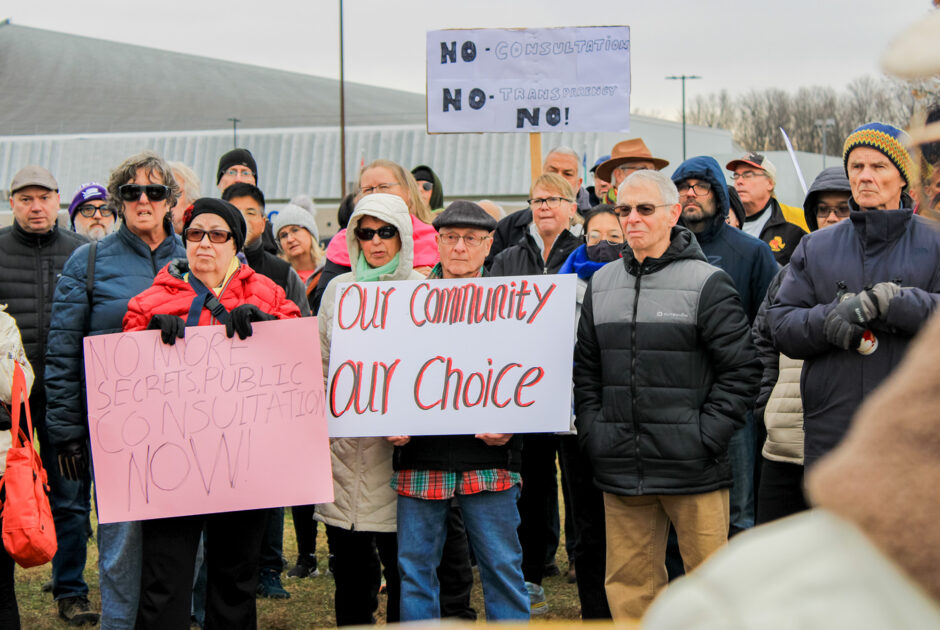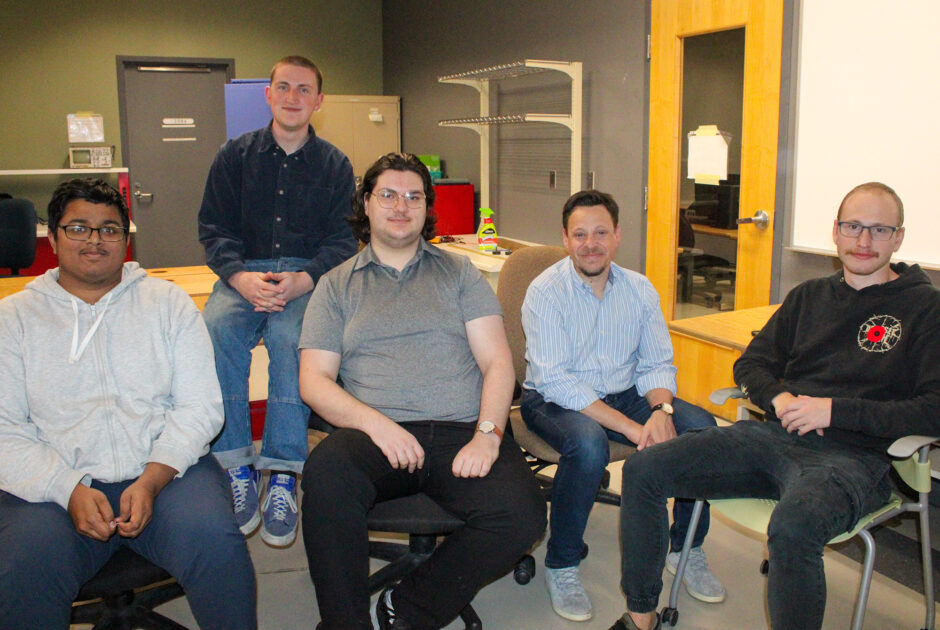‘Indian Horse’ draws diverse crowd for Truth and Reconciliation Day
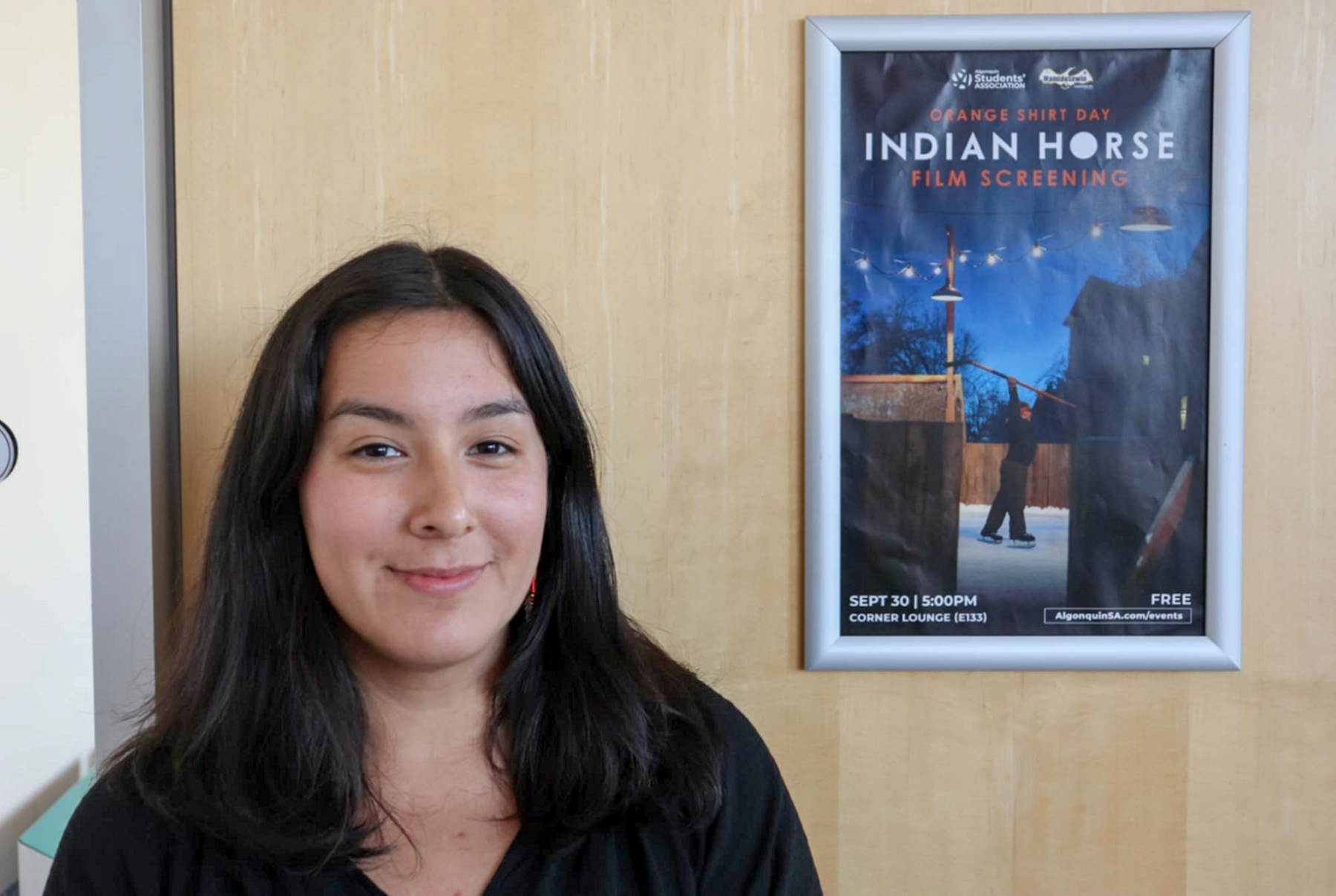
Students, staff and people from all walks of life came together to watch Stephen S. Campanelli’s film Indian Horse on the recent National Day for Truth and Reconciliation. The film follows the life of Saul Indian Horse, an Anishinaabe boy, as he confronts his upbringing in St Joseph’s residential school.
Indian Horse is based on the award-winning novel of the same name by Ojibway writer Richard Wagamese and sheds light on the dark reality of Canadian residential schools.
Level 1 nursing student Kayleigh Moore said she found the event very moving.
“It can be tough to watch,” said Moore. “It’s important, I know it is, but it doesn’t make it any easier to see it on screen.”
The event was held in the Student Commons Corner Lounge and was put on with combined efforts from the Mamidosewin Centre and the Algonquin Students’ Association.
More than 40 people were in attendance, with some attendees being as young as 12, and others in their 70s. Traditional First Nations refreshments were provided, as attendees were treated to bannock and Three Sisters soup. The Student Wellness Centre also had an employee available for viewers to speak with outside if the content of the movie became overwhelming or triggering.
Summer Wabasse, the events and communications officer for the Mamidosewin Centre, said last year staff chose to show a non-fiction film, but felt this year Indian Horse was a great choice.
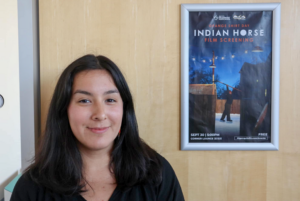
“Non-fiction can be so informative, but I think being able to see the story of a residential school survivor can grab the audiences attention,” said Wabasse. “I think for non-Indigenous people getting that gateway to learn, it’s a good stepping stone.”
After the movie, attendees were encouraged to take part in a discussion about the impact of the film, and how it pertains to the National Day for Truth and Reconciliation.
Some attendees took the time to contemplate what it means to understand the impact of residential schools and how the effects are still felt today.
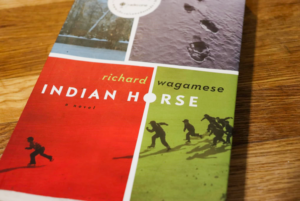
“When I was in school it wasn’t something we spoke about,” said Joseph Broussard, who came to watch the movie with his granddaughter. “For a whole generation it was just swept over and forgotten. I don’t know how we as a country can do these things and then not educate people about it. It happened. This stuff really happened. It’s awful.”






